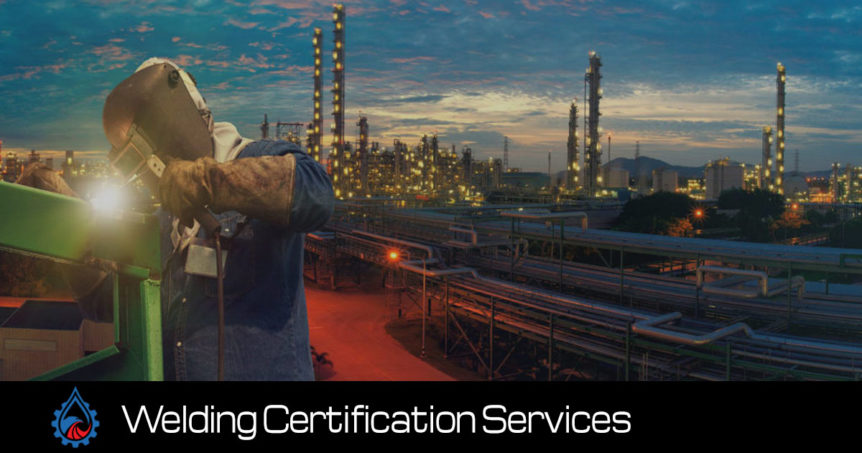Welding Certification Services
U.S. Inspection & NDT provides predominant testing and approval services for welding procedures and welder's qualifications. Our testing covers all aspects of welding procedures and welder’s qualifications. Knowledgeable and experienced welding fabricators and engineers evaluate each welding procedure to ensure that the correct techniques are employed.
What Employers Are Looking For
Earning a specialized certification after testing with U.S. Inspection & NDT opens up new opportunities for leadership positions, different career challenges and a higher salary potential.
Clients may also require welders to be certified. An employer’s reasons for certification include pre-employment screening, to ensure prospective welders meet specific code requirements or standards, and to document that a welder is qualified under various statutes.
Specialized certification shows a prospective employer that you are willing to continually grow in your chosen field, which can lead to advanced career roles including team leadership.
In-House Procedures
Our welder engineers also offer their help to clients if their procedures are not up to capability in-house. These procedures are important, since welding is the most common technique used to join metallic materials together. Welding fabricators and contractors will develop procedures to qualify welders before welding can transpire.
How Welding Certification Services Work
Welding fabricators and engineers evaluate each welding procedure to ensure it’s suitable and applies the correct technique for the material. Welding certifications are granted after a hands-on test conducted by certified U.S. Inspection & NDT welding inspectors. They determine if sound welds can be made that meet code, individual company welding procedures, or a specific industry standard.
Welders are tested against approved procedures, utilizing standards including AWS (American Welding Society) or CSA (Canadian Standards Association). These must be followed in accordance with either statutory or customer requirements.
Inside the Standards
Requirements for a proper welding procedure are that the welding properties meet or exceed the material properties of the joined parts. A good welding procedure, however, will also be simple and efficient, mitigating common problems such as distortion, hardening, or other defects. Optimizing a welding process is an iterative science and usually depends on the skill and experience of the welder.
Certification follows a test where welders are asked to join metals according to instructions. The materials are then stressed in a variety of ways, depending on the exam. Codes also vary, depending on the type of work, and so testing varies. Welding certifications cover many positions (including plate or pipe welding), processes, metal types and metal thickness.

